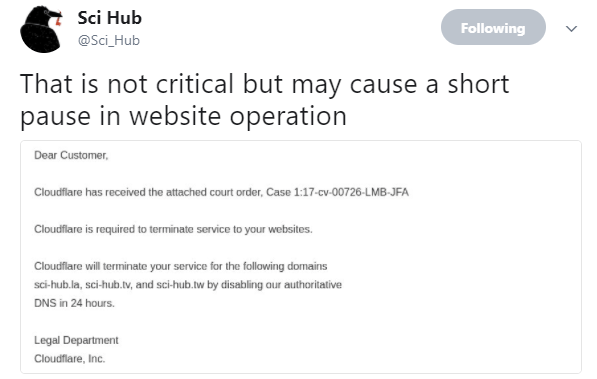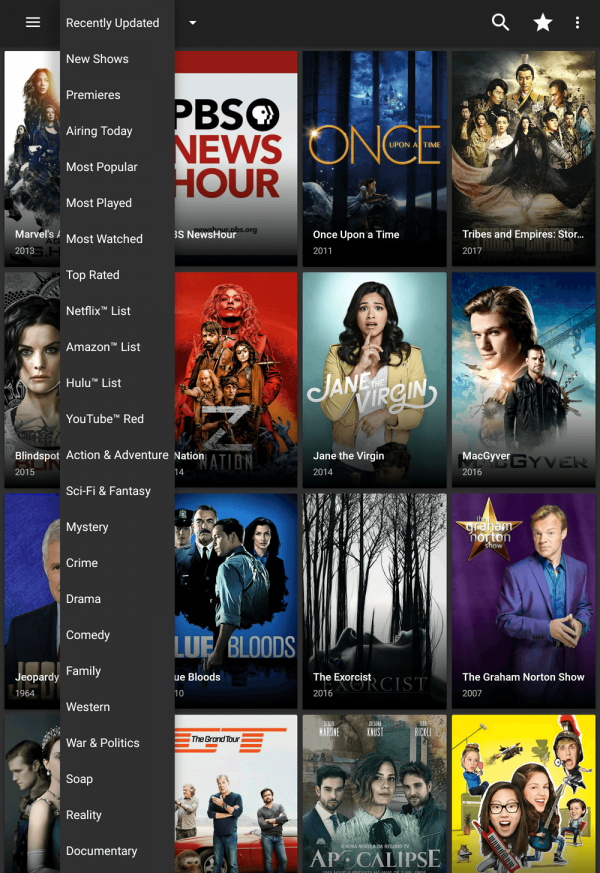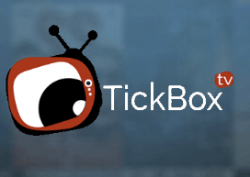
In 2015, a Swedish operator of the site in his early twenties was raided by local police. A second man, Turkish and in his late twenties, was later arrested in Germany.
The pair, who hadn’t met in person, appeared before the Varberg District Court in January 2017, accused of making more than $1.5m from their activities between November 2013 and June 2015.
The prosecutor described Swefilmer as “organized crime”, painting the then 26-year-old as the main brains behind the site and the 23-year-old as playing a much smaller role. The former was said to have led a luxury lifestyle after benefiting from $1.5m in advertising revenue.
The sentences eventually handed down matched the defendants’ alleged level of participation. While the younger man received probation and community service, the Turk was sentenced to serve three years in prison and ordered to forfeit $1.59m.
Very quickly it became clear there would be an appeal, with plaintiffs represented by anti-piracy outfit RightsAlliance complaining that their 10m krona ($1.25m) claim for damages over the unlawful distribution of local movie Johan Falk: Kodnamn: Lisa had been ruled out by the Court.
With the appeal hearing now just a couple of weeks away, Swedish outlet Breakit is reporting that media giant Bonnier Broadcasting has launched an action of its own against the now 27-year-old former operator of Swefilmer.
According to the publication, Bonnier’s pay-TV company C More, which distributes for Fox, MGM, Paramount, Universal, Sony and Warner, is set to demand around 24m krona ($3.01m) via anti-piracy outfit RightsAlliance.
“This is about organized crime and grossly criminal individuals who earned huge sums on our and others’ content. We want to take every opportunity to take advantage of our rights,” says Johan Gustafsson, Head of Corporate Communications at Bonnier Broadcasting.
C More reportedly filed its lawsuit at the Stockholm District Court on January 30, 2018. At its core are four local movies said to have been uploaded and made available via Swefilmer.
“C More would probably never even have granted a license to [the operator] to make or allow others to make the films available to the public in a similar way as [the operator] did, but if that had happened, the fee would not be less than 5,000,000 krona ($628,350) per film or a total of 20,000,000 krona ($2,513,400),” C More’s claim reads.
Speaking with Breakit, lawyer Ansgar Firsching said he couldn’t say much about C More’s claims against his client.
“I am very surprised that two weeks before the main hearing [C More] comes in with this requirement. If you open another front, we have two trials that are partly about the same thing,” he said.
Firsching said he couldn’t elaborate at this stage but expects his client to deny the claim for damages. C More sees things differently.
“Many people live under the illusion that sites like Swefilmer are driven by idealistic teens in their parents’ basements, which is completely wrong. This is about organized crime where our content is used to generate millions and millions in revenue,” the company notes.
The appeal in the main case is set to go ahead February 20th.
Source: TF, for the latest info on copyright, file-sharing, torrent sites and more. We also have VPN discounts, offers and coupons



 While Sci-Hub is praised by thousands of researchers and academics around the world, copyright holders are doing everything in their power to wipe the site from the web.
While Sci-Hub is praised by thousands of researchers and academics around the world, copyright holders are doing everything in their power to wipe the site from the web.




 Once the legal process for blocking pirate sites has been accepted in a region, it usually follows that dozens if not hundreds of other sites are given the same treatment. Rightsholders simply point to earlier decisions and apply for new blockades under established law.
Once the legal process for blocking pirate sites has been accepted in a region, it usually follows that dozens if not hundreds of other sites are given the same treatment. Rightsholders simply point to earlier decisions and apply for new blockades under established law. Over the years video game developer
Over the years video game developer 
 December 2015, a Virginia federal jury ruled that Internet provider Cox Communications was responsible for the copyright infringements of its subscribers.
December 2015, a Virginia federal jury ruled that Internet provider Cox Communications was responsible for the copyright infringements of its subscribers. Kodi-powered set-top boxes are a great way to to stream video content to a TV, but sellers who ship these devices with unauthorized add-ons give them a bad reputation.
Kodi-powered set-top boxes are a great way to to stream video content to a TV, but sellers who ship these devices with unauthorized add-ons give them a bad reputation.